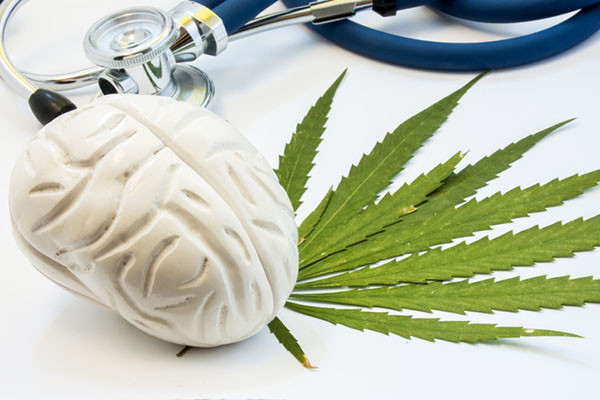Cannabis And Memory Revealing The Intricate Connections And Surprising Effects Of CBD
Cannabis And Memory Revealing The Intricate Connections And Surprising Effects Of CBD

- Because cannabis has multiple effects on the brain, the exact nature of its effects on memory is complex and not yet fully understood.
- As more research is done, we can better understand the mechanisms by which cannabis and CBD affect memory.
The stoner stereotype is often that of someone who is absent-minded and forgetful. While marijuana may have an effect on memory, the reality is more nuanced and interesting.
There are two main categories of memory: short-term memory and long-term memory. These differ in what and how information is stored. The short-term is responsible for storing temporary information and deciding what to do with it. Letting nonessential information disappear or passing on essential elements to our long-term memory, where we store the information indefinitely.
There is also working memory, which is a crucial element of short-term memory and plays a vital role in how we process, use, and remember information on a daily basis. Working memory refers to the ability to retain information in our minds for a short period of time, such as remembering someone's phone number until you can write it down or the directions someone tells you to get to a set destination.
"There is no doubt that heavy marijuana use affects working memory," said Kristen Morie, a researcher at Yale University School of Medicine. "If you talk to someone who is high, they will forget their train of thought."
The researchers attribute marijuana's impairment of memory to tetrahydrocannabinol (THC), which binds to CB1 receptors in brain regions critical to memory, such as the hippocampus. This binding breaks the encoding of new information, hindering its storage and subsequent retrieval.
Positive memory effects in certain situations
Studies have also shown that cannabis can have a positive effect on neurodegenerative diseases that affect memory, such as Alzheimer's, Huntington's, and epilepsy. In mostly animal studies, when researchers used compounds found in cannabis, they found that it could slow or even stop the progression of these diseases - primarily through the creation of neurons.
The role of CBD in protecting established memories
A 2017 study found that THC seemed to interfere less with the ability to recall established memories and the task of recalling previously memorized words.
In addition, CBD (cannabidiol), a compound in cannabis, appears to mitigate the memory-impairing effects of THC. In a 2020 study, when participants used THC with CBD, their memory performance was not affected, further suggesting that CBD may counteract the memory-impairing effects of THC and play a protective role. On average, the accuracy of participants in both tests was about the same. "So if you give someone a [cannabis] strain with THC and a lot of CBD, they might not report as many "deficits to working memory," Morie said.
No permanent memory impairment
A 2018 review of 69 studies involving adolescents and young adults found that when those who regularly smoked marijuana quit for at least 72 hours, their memory improved significantly. In fact, they performed as well on memory tests as people who never or rarely smoked marijuana.
As with all cannabis, the complex relationship between cannabis and memory needs further research to fully understand its long-term effects, although new research suggests that its negative effects are far less than previously thought.
